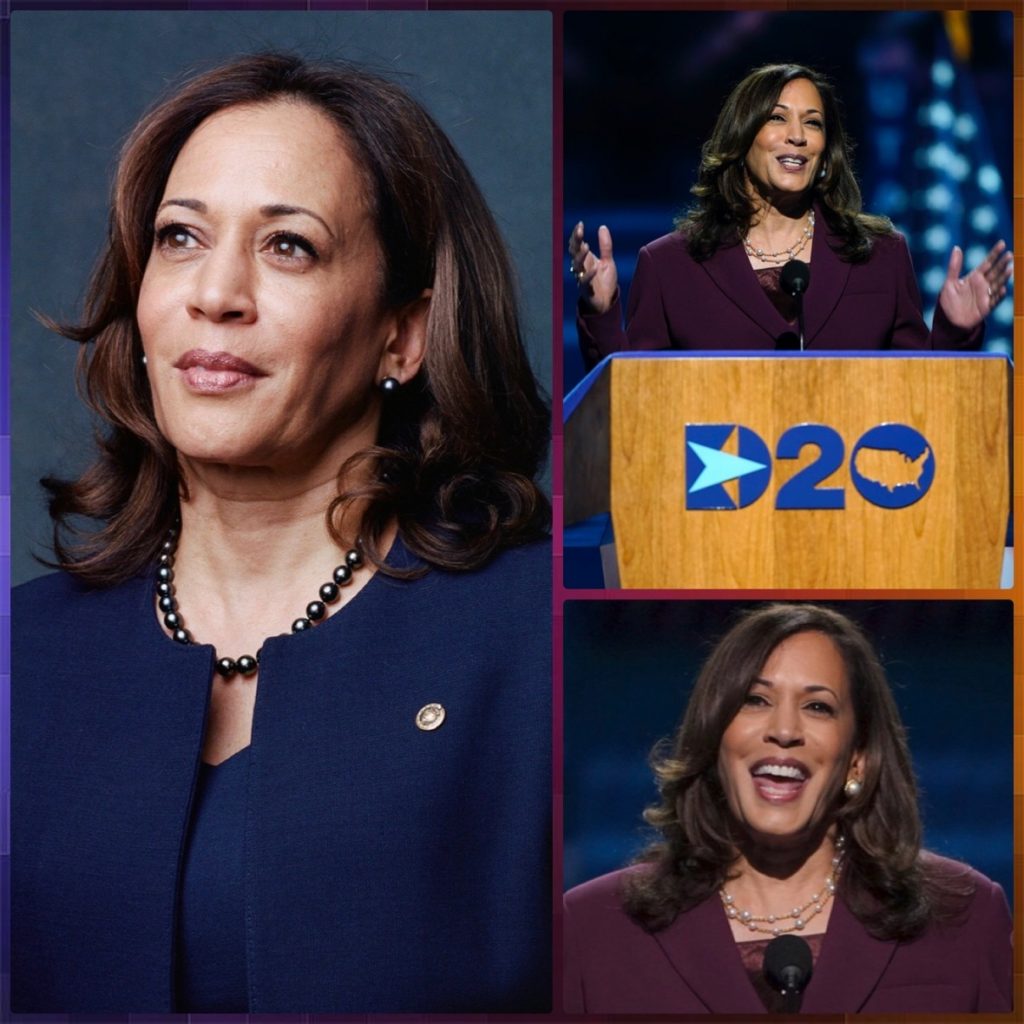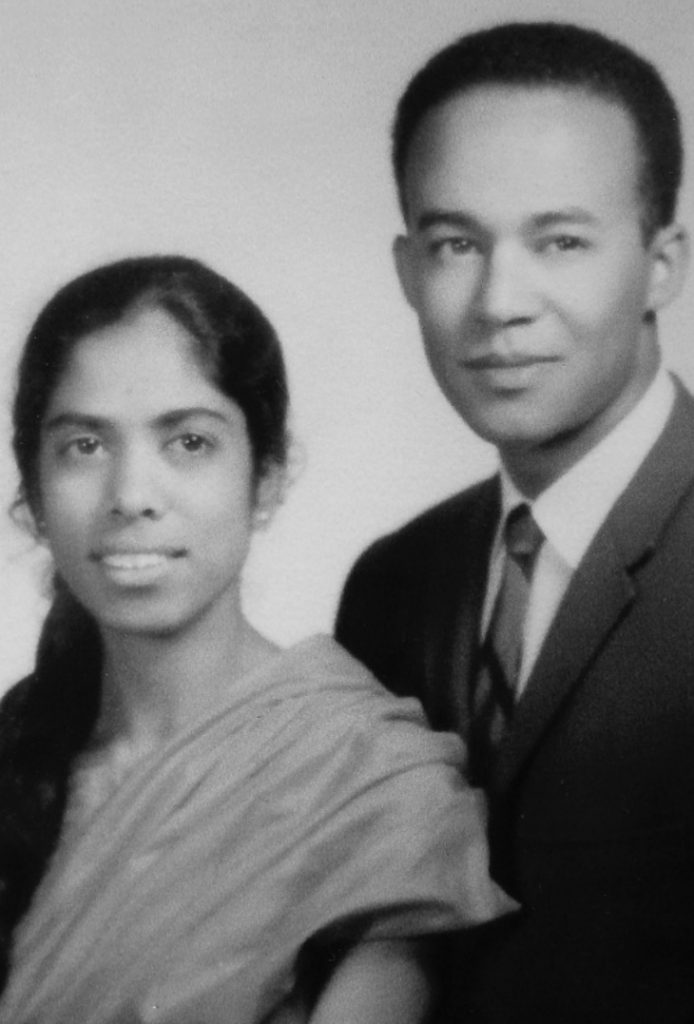By Dr. G.S. Potter | Contributing Editor, B | e Note
Perhaps it’s a way for Biden to somehow make amends for helping pass the destructive law and actively repair decades of damage
Reparations isn’t just about slavery. It isn’t just about broken promises following the Civil War. It might be rooted in the need to repair the damages done by these atrocities – but that’s not where it ends. The damage done to Black Americans has been continuous and ongoing for centuries. And not only must this damage be ended, but it must be repaired.
The current debate over the Violent Crime Control and Law Enforcement Act of 1994, or the 1994 Crime Bill as it is commonly referred to, might offer the opportunity for us to do this.
This bill has always been a point of contention in communities working on criminal justice reform, but it has been currently highlighted in the mainstream media because of Joe Biden’s role in passing it and his refusal to outright condemn it — much to the dismay of many in the Black voting bloc he needs to win the election.
Currently, the debate surrounding the 1994 Crime Bill hasn’t amounted to much more than a wedge issue for the Democratic Party. What it can and should evolve into is a point of leverage for the Black community.
Biden needs the Black vote to win the 2020 election. The Black community needs meaningful criminal justice reform and reparations. Instead of threatening to tap out of the election because of his defense of the Act, the Black community can apply the massive amount of leverage they have accumulated to flip the script. In other words, instead of canceling themselves out of the 2020 election, Black voters can offer support for the Biden campaign in exchange for revisions … and reparations.
Even if Biden did acknowledge that the Act had a severely detrimental effect on the Black community, that would do little to repair the damages done. On the other hand, if the Black community presented a piece of legislation that undid that damage to the greatest extent possible, then we can transmute one of the most damaging pieces of legislation in criminal justice reform history into a point of power and repair.
Undoing the Damage
To be fair, there are pieces of the crime bill that were beneficial. Those should be acknowledged.
For example, the Act banned 19 different types of assault weapons and created stricter licensing standards for gun dealers, for example. Those pieces should stay in place. The overwhelming majority of the Act, though, served to increase the harassment, brutalization, and imprisonment of Black (and Brown) people. These pieces of the 1994 Crime Bill should be identified, acknowledged, and remedied. The people that suffered from these pieces of legislation should also be directly compensated for the damage done to them and their communities.
There is already a legislative effort to undo some of the damage caused by the Act. It comes in the form of the Reverse Mass Incarceration Act. According to the Brennan Center for Justice this bill – which was reintroduced to Congress by Sens. Cory Booker (D-N.J.) and Richard Blumenthal (D-Conn.), along with Rep. Tony Cárdenas (D-CA) in 2019 – would include:
– A new federal grant program of $20 billion over 10 years in incentive funds to states.
– A requirement that states that reduce their prison population by 7 percent over a three-year period without an increase in crime will receive funds.
– A clear methodology based on population size and other factors to determine how much money states receive.
– A requirement that states invest these funds in evidence-based programs proven to reduce crime and incarceration.
It’s a start, but the Reverse Mass Incarceration Act clearly does not go far enough to remove the structuralized racism implemented as a result of the 1994 crime bill or repair the communities and families destroyed by it.
For example, according to the Brennan Center …
… through the Violent Offender Incarceration and Truth-in-Sentencing Incentive Grants Program. This provided $12.5 billion in grants to fund incarceration, with nearly 50 percent earmarked for states that adopted tough “truth-in-sentencing” laws that scaled back parole. Under this grant program, eligible states received money to expand their prison capacity to incarcerate people convicted of violent crimes.”
The $20 million grant programs included in the Reverse Mass Incarceration Act are designed to acknowledge the $12.5 billion in grants supplied by the 1994 Crime bill, adjust the amount for inflation, and attach federal funding to a decrease in the rate of incarceration by 7 percent. This is a small step in the direction away from mass incarceration, but it does not do enough to undo the damage done by the 1994 Crime Bill, nor does it repair that damage.
The Brennan Center goes on to explain that ….
…. the most significant and long-lasting impacts of the legislation was the authorization of incentive grants to build or expand correctional facilities through the Violent Offender Incarceration and Truth-in-Sentencing Incentive Grants Program. This provided $12.5 billion in grants to fund incarceration, with nearly 50 percent earmarked for states that adopted tough “truth-in-sentencing” laws that scaled back parole. Under this grant program, eligible states received money to expand their prison capacity to incarcerate people convicted of violent crimes.
In addition to Truth in Sentencing Laws and an overwhelming increase in prisons, the 1994 Crime Bill also promoted the use of Three Strikes Laws. As the ACLU reports …
The crime bill implemented a rash of new three-strikes laws — laws that impose automatic life sentences for people convicted of certain felony offenses if they already have two convictions on their record. Dozens of states followed suit and enacted three-strikes laws, resulting in a ballooning of the incarceration rate in certain states, especially for black and Latinx Americans.
Imposing life sentences simply because an individual has a criminal record disproportionately targets people of color, who are more likely to have a record in the first place because of unequal contact with police and the justice system. Harsh collateral consequences limit employment opportunities for returning people, especially people of color, and increase the likelihood of recidivism. The crime bill’s three-strikes provision sent thousands of Americans to prison for life based on previous offenses for minor crimes such as stealing loose change from a parked car. In 2016, 78.5 percent of Americans serving life sentences in federal prison were people of color.
The Reverse Mass Incarceration Act does little to nothing to help the individuals and families targeted by these provisions.
Reparations for Time Served
A reform bill should be presented to Biden that not only reverses these provisions, but that also identifies individuals that were incarcerated for minor offenses under three strikes laws as well as those whose sentences were extended because of Truth and sentencing laws. Their cases should be revisited, and the charges should be commuted and expunged. Individuals and families should be compensated for time served as well as the financial losses associated with loss of income, economic opportunity, and personal trauma.
In other words, reparations should be from the government and made directly to individuals for the damages that have resulted from the 1994 Crime Bill.
In addition to repairing the damages done to individuals and removing the pieces of the Crime Bill and subsequent legislation that was built off of it, there are a number of other provisions that have bolstered the mass incarceration of Black Americans that should be removed and remedied.
For example, decreasing incarceration rates by 7 percent is an important step attempted by the Reverse Mass Incarceration Act. However, this incentive does not go far enough. Not only should there be a higher rate of decrease of incarceration to receive funds, but the act should specifically outline who should be released. For example, as already mentioned, people being held for nonviolent crimes, people being held because of three strikes laws and people being held because of Truth in Sentencing laws should all receive case reviews for commutation. Individuals imprisoned for drug use and possession, mental health issues, and crimes of poverty should also qualify for commuted sentences and expunged records under any act designed to end mass incarceration.
Additionally, states should be expected to reduce the number of prisons in order to receive funding.
Undoing the “Drug War”
The Brennan Center continues that …
The number of state and federal adult correctional facilities rose 43 percent from 1990 to 2005.” Provisions can and should be put in place to incentivize the elimination of these prisons in exchange for federal funding. They additionally report that the Act “provided funding for 100,000 new police officers and $14 billion in grants for community-oriented policing, for example. From 1990 to 1999, the number of police officers rose 28 percent, from 699,000 to 899,000, partly funded by the crime bill.
This $14 billion should be adjusted for inflation and used as an incentive to deconstruct or repurpose prisons and eliminate police officers. Again, a specific process should be used in order to do this.
For example, a newly re-envisioned legislative response to the 1994 Crime Bill can be used to incentivize the elimination of police officers involved in cases of brutality and harassment. It can be used to eliminate police officers that have posted racist and racially biased posts on social media accounts. The Act can also be used to eliminate the use of police officers from schools. In this way, we can reduce the asymmetrical contact between Black communities and law enforcement while also removing racist officers and those that have specifically done direct damage to Black people.
By using the 1994 Crime Bill as a source of reversal and reparations, a model can also be created to use other pieces of legislation to undo the structural injustice that has targeted Black Americans for generations.
For example, The Anti-Drug Abuse Act of 1986 was a federal cornerstone of the War on Drugs. This Act established mandatory minimums for drug possession, increased funding for drug enforcement, and blocked funding for drug prevention programs. Just as a true reversal of the 1994 Crime Bill could establish pathways for legislative reforms and reparations, a similar act could end the so-called War On Drugs, eliminate the use of incarceration for drug use and possession, commute sentences for those that were incarcerated under this law and derivative legislation, and give reparations to individuals and families whose lives and livelihoods were stolen as a result of the Act and the war on Black communities it encodified.
Similar legislation can be also presented at the state and local levels to remedy and repair damages caused by legislation such as cash bail practices, gang injunctions, predatory lending practices, redlining, housing injustice and a number of policies that have directly harmed the Black community.
In this way, we can not only reform the policies that have targeted and traumatized Black Americans, but we can formalize a reparation process that directly repairs the people and communities most damaged by structural racism. But it all starts with the 1994 Crime Bill.
The Black community has an unprecedented amount of leverage right now. Instead of asking Biden to apologize for his part in supporting the crime bill, legislation that truly reverses and repairs the damages done by the Violent Crime Control and Law Enforcement Act of 1994 should be presented to him and the Democratic Party for his approval. Let our anger translate into reform and reparations, and let his apology be encodified in legislation. And then let’s move on to the next Act, and then the next. Until we tear down every last piece of structural racism and repair the damages done to every last Black American.
 Westside Story Newspaper – Online The News of The Empire – Sharing the Quest for Excellence
Westside Story Newspaper – Online The News of The Empire – Sharing the Quest for Excellence





